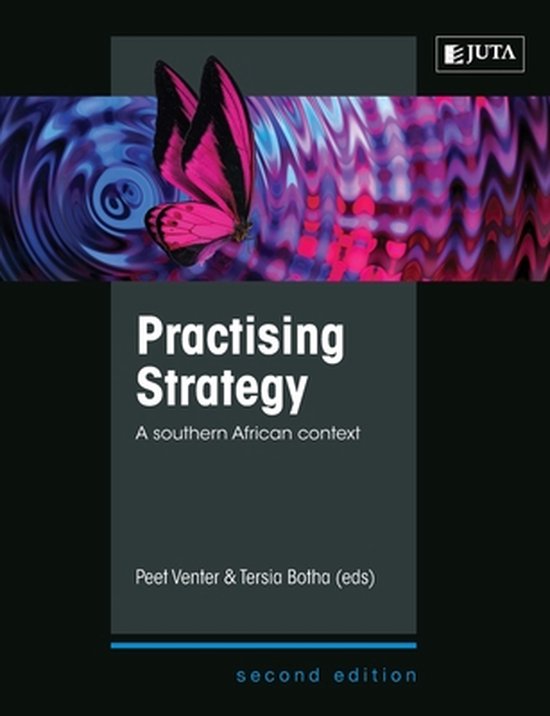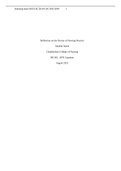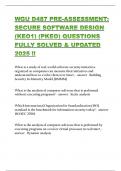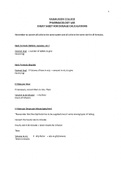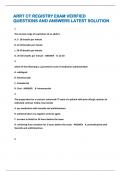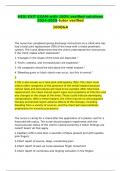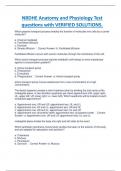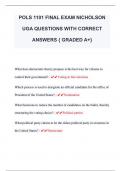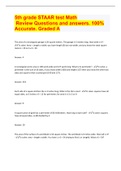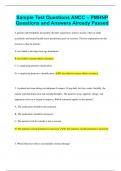Summary: Based on "Practicing
Strategy" by Graham et al.
Introduction
Strategic Planning IIIA (MNG3701) at the University of
South Africa (Unisa) is designed to provide an in-depth
understanding of strategic planning processes and
frameworks used in organizations. Central to this course
is the book "Practicing Strategy" by Graham et al., which
offers comprehensive insights into strategic management
concepts, theories, and practices. This summary
encapsulates the core themes and learnings from the book,
focusing on strategic analysis, formulation,
implementation, and evaluation.
1. Strategic Analysis
Strategic analysis is the foundational step in the strategic
planning process. It involves understanding both the
internal and external environments in which an
organization operates.
• External Environment Analysis:
Organizations must first assess external factors that
could impact their strategy. This includes examining
political, economic, social, technological,
, environmental, and legal (PESTEL) factors. PESTEL
analysis helps identify macro-environmental trends
and their implications for strategic planning. For
instance, technological advancements might
necessitate a shift towards digital strategies, while
regulatory changes could affect operational
compliance.
• Industry Analysis: Michael Porter’s Five
Forces framework is pivotal for analyzing industry
attractiveness and competitive intensity. The five
forces include the threat of new entrants, the
bargaining power of suppliers and buyers, the threat
of substitute products, and competitive rivalry.
Understanding these forces helps organizations gauge
the level of competition and profitability within their
industry.
• Internal Analysis: Internal analysis focuses on
an organization’s resources, capabilities, and
competencies. SWOT analysis (Strengths,
Weaknesses, Opportunities, Threats) is a common
tool used to evaluate internal factors. Strengths and
weaknesses are internal attributes, while
opportunities and threats come from the external
environment. This analysis aids in identifying areas
where the organization has a competitive advantage
or needs improvement.

